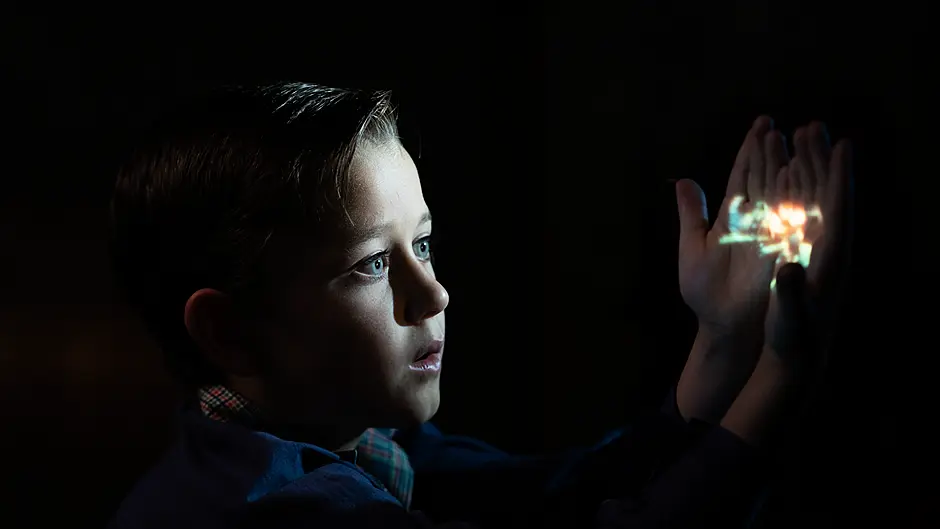IF any one film director can stake a claim to 'own' Hollywood, it's Steven Spielberg.
He is the highest-grossing director of all time, taking in approximately $10.5billion over the course of his 50-year career so far. To put that number in context, James Cameron in second place trails by close to $2billion.
He has made some of the biggest films of each decade since he first took over Hollywood with Jaws in 1975.
70s: Jaws, Close Encounters of the Third Kind.
80s: Raiders of the Lost Ark, ET, Twilight Zone: The Movie, Indiana Jones and the Temple of Doom, The Colour Purple.
90s: Hook, Jurassic Park, Schindler's List, Saving Private Ryan.
00s: A.I. Artificial Intelligence, Minority Report, Catch Me If You Can, War of the Worlds, Munich.
10s: Lincoln, Bridge of Spies, The Post, Ready Player One.
While you can argue the merits of each individual film — I have a personal vendetta against Ready Player One — nearly all have left an indelible mark on the film industry and audiences around the world.
And so Spielberg has turned the camera on himself in a way for his latest film The Fabelmans, a semi-autobiographical story loosely based on the famous director's own life, which follows young Sammy Fabelman as he learns to cope with the divorce of his parents and life in general by making movies.
We open with Sammy being brought to see his first film: The Greatest Show on Earth.
He is in awe of a scene in which a train crashes, and convinces his parents to get him a model train set so he can crash them himself. Young Sammy can't stop replaying the scene in his head.
His loving mother sneaks him his father's camera so he can film a crash to watch it over and over without damaging the trains.
The magic of movies has been a popular theme among filmmakers in recent years, perhaps a natural reaction to the ever-growing trend of executives sending films straight to streaming services in lieu cinema releases.
So it is no real surprise that Spielberg has turned the camera on himself to tell his personal story and love for cinema.
It's clear that his love for directing was borne out of a need for control over his life — creating his own stories allowed him to cope with the lack of agency he had as his parents split up.
Spielberg has long been loved for his ability to move the camera and his actors in ways other directors can't quite see, and does so again here with precision.
The camera is rarely still yet never distracting, and adds a level of fluidity to a film which, with a runtime of over 2 and a half hours, needs it.
Michelle Willliams gives a performance so good that she manages to carry a cast that could stand on their own two feet if she let them. Her turn as the slightly neurotic, always creative Mitzi is head and shoulders above the rest.
Except for maybe one.
Judd Hirsch has received an Oscar nomination for a mere 10-minute cameo in which he not only steals the show, but the tickets, venue, street where the show is on and everything else. He gives one of the most-memorable performances of the year as Uncle Boris.
If there is one area in which the film is a let down, it's in the script.
Some scenes go on for slightly too long and it didn't deliver the emotional punch that it seemed to be aiming for.
Spielberg has called this his most personal film yet and on the surface it's easy to see why, especially considering the well of memories he visited for the plot.
Dig a little deeper and you understand his whole ethos — that movies are meant to be fun.
Despite the story revolving around his parents splitting up along with stark anti-semitic characters, Spielberg takes care to tell us that playfulness and magic are at the heart of what cinema should be.
3/5.
Catch up with previous reviews by clicking here.







